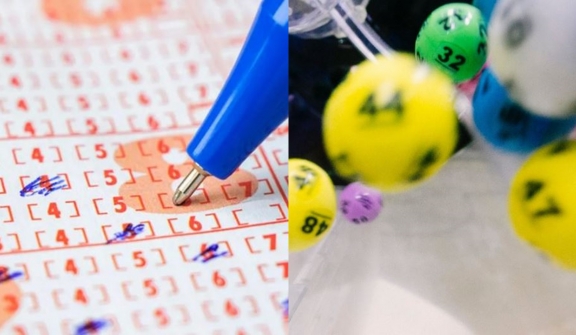
In Cushing and Stewart's study, published as a pre-print on arXiv, mathematicians revealed how to guarantee a National Lottery win with just 27 tickets using a geometric approach.
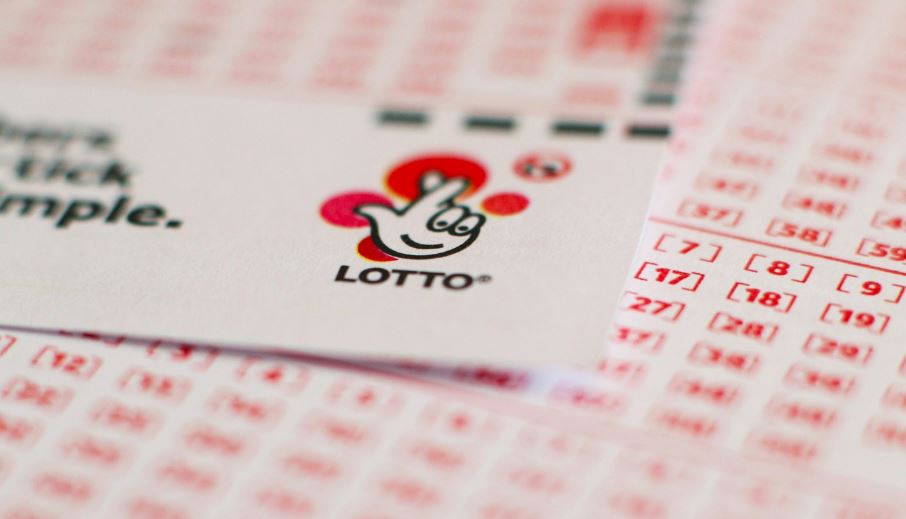
The groundbreaking study, made by two mathematicians, David Cushing and David Stewart, from the University of Manchester, reveals how guaranteeing a national lottery win with just 27 tickets, significantly increases your chances of winning a prize.
David Cushing and David Stewart, mathematicians renowned for their expertise, spearheaded the study.
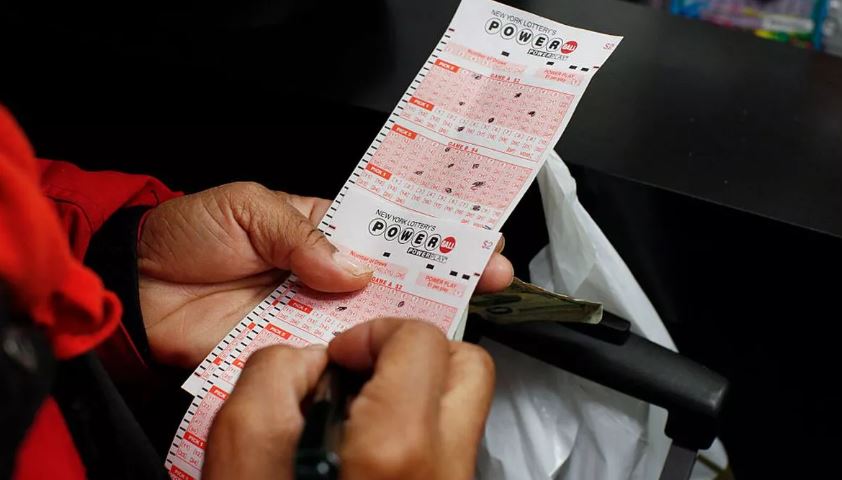
Through meticulous analysis, they unveiled a strategy: acquiring a minimum of 27 tickets, each bearing a unique number combination.
Astonishingly, these tickets promise a prize, regardless of the myriad possible draws, totaling over 45 million.
Two mathematicians said in their paper, published as a pre-print on arXiv, "We identify 27 to tickets that guarantee a prize, regardless of which of the 45,057,474 possible draws occurs,"
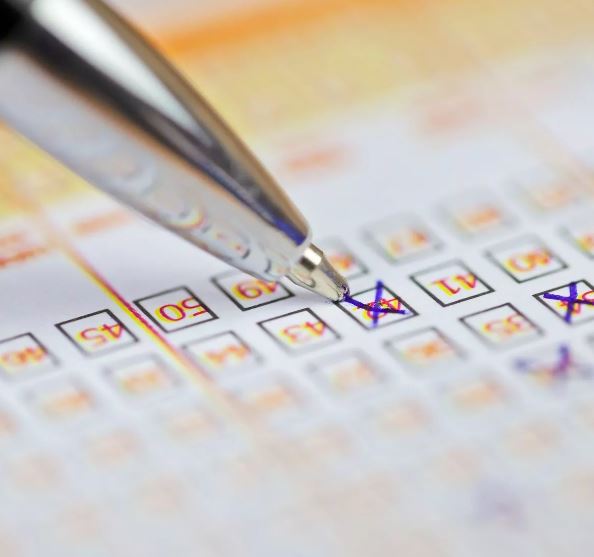
They added: 'Moreover, we determine that 27 is the optimal number of tickets required, as achieving the same guarantee with 26 tickets is not possible."
In their research, Cushing and Stewart pinpointed 27 as the magic number for success. They assert that achieving a comparable guarantee with 26 tickets is implausible.
To comprehend the methodology behind this winning strategy, it's imperative to grasp the fundamentals of the National Lottery.
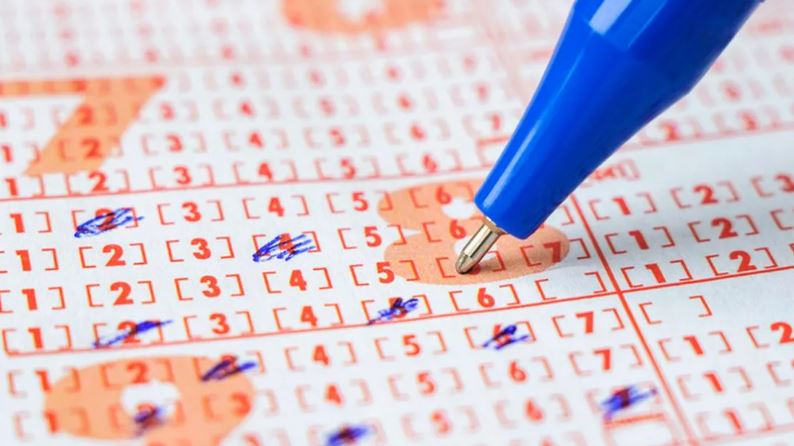
Launched in November 1994, it offers participants the chance to select six numbers from a pool of 1 to 59 for a nominal fee. The allure lies in the prospect of substantial cash rewards, with jackpots ranging from $2.5 million to $15 million.
They reportedly used finite geometry, a sophisticated mathematical concept, to identify the 27 optimal number combinations.
By visualizing these combinations as points in geometrical shapes, they substantiated their theorem.
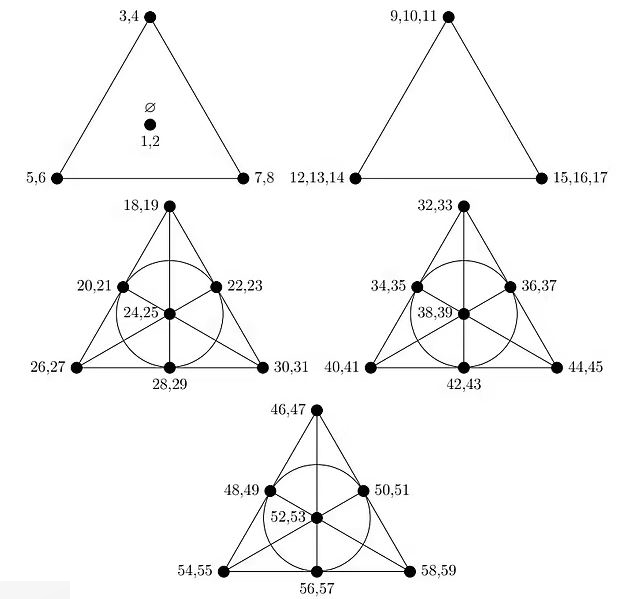
Their assertion that any draw of six numbers from 1 to 59 will yield at least two matches with one of the designated tickets underscores the robustness of their approach.
They revealed in their paper: 'The reader may check for themselves that any draw of six numbers from 1 to 59 will match at least two numbers with at least one of the above tickets.'
To validate their findings, let's consider a hypothetical draw with the numbers 4, 18, 29, 48, 49, and 52.
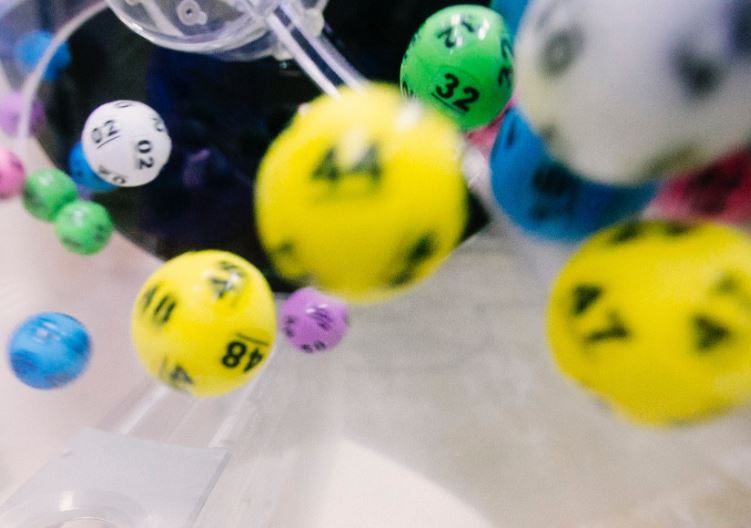
If we followed the researchers' instructions and purchased 27 tickets, we'd secure three tickets with two matching numbers and one ticket with three matching numbers. Our reward: three Lucky Dips and $38. However, the initial $68 investment would leave us $30 poorer.
While this system guarantees some form of prize, it's essential to recognize that Lotto remains a game of chance.
Camelot, the National Lottery operator, acknowledges the study's interesting insights but emphasizes that all winning numbers are chosen randomly.
Remember, whether you play with 27 tickets or just one, luck ultimately determines your fate....




